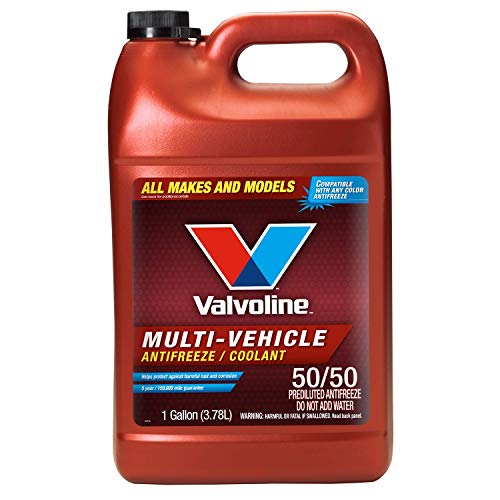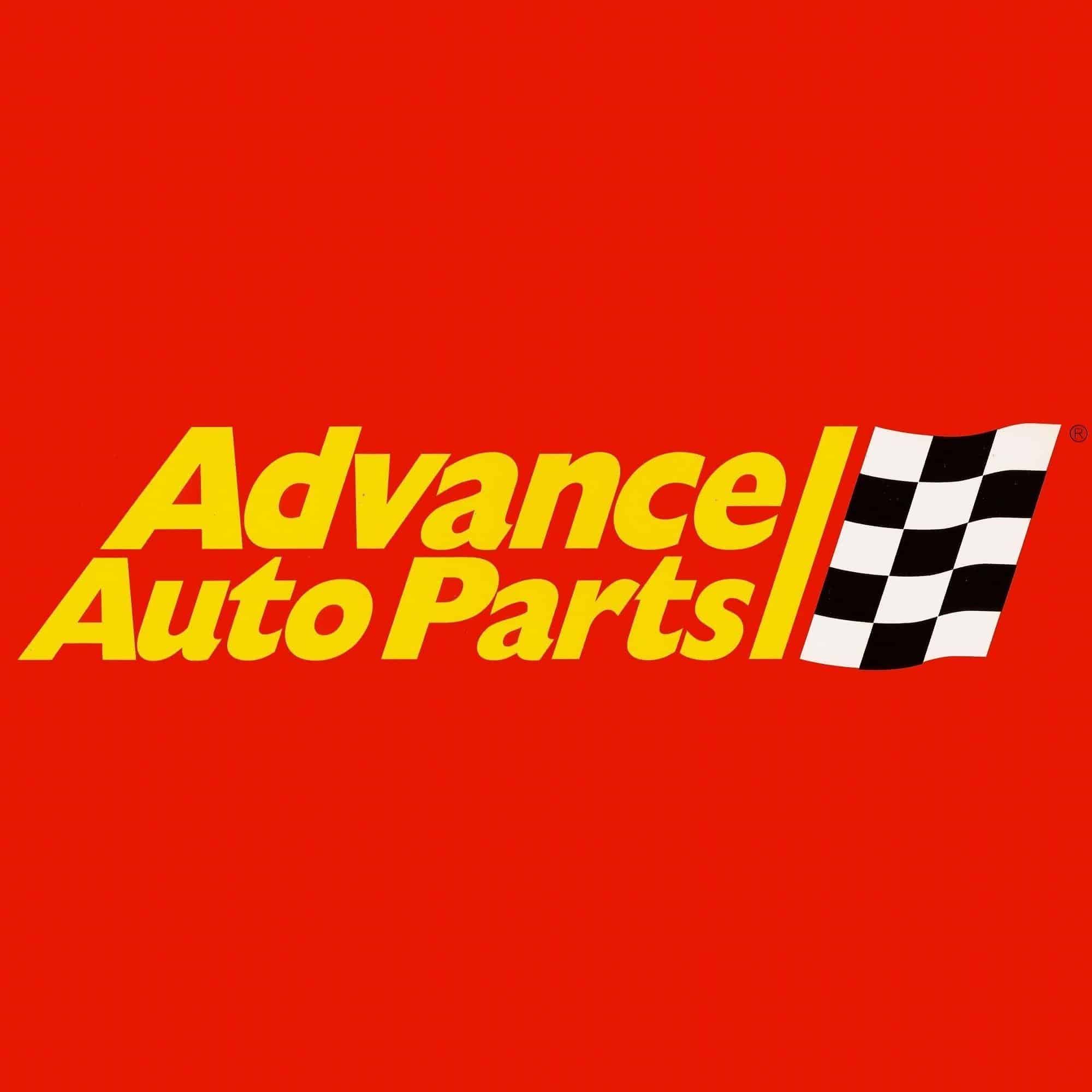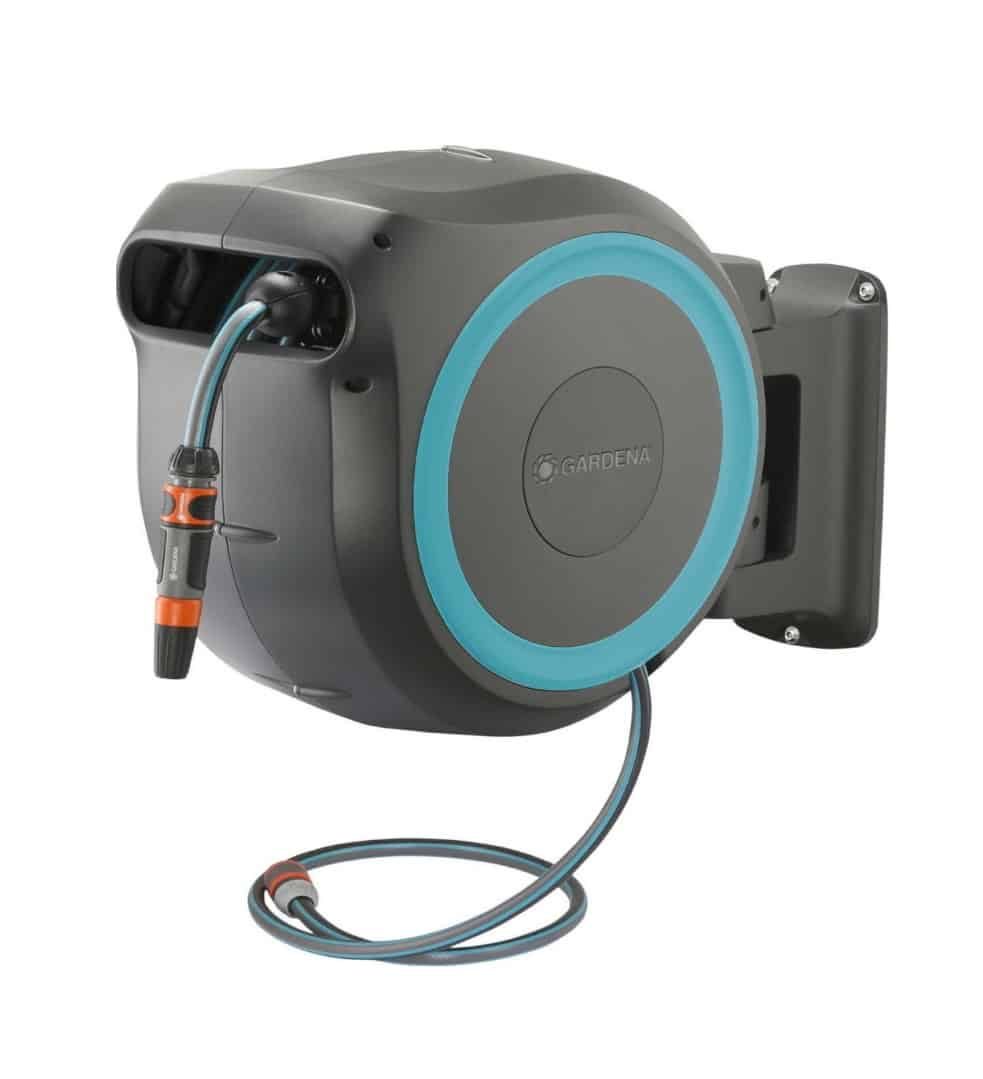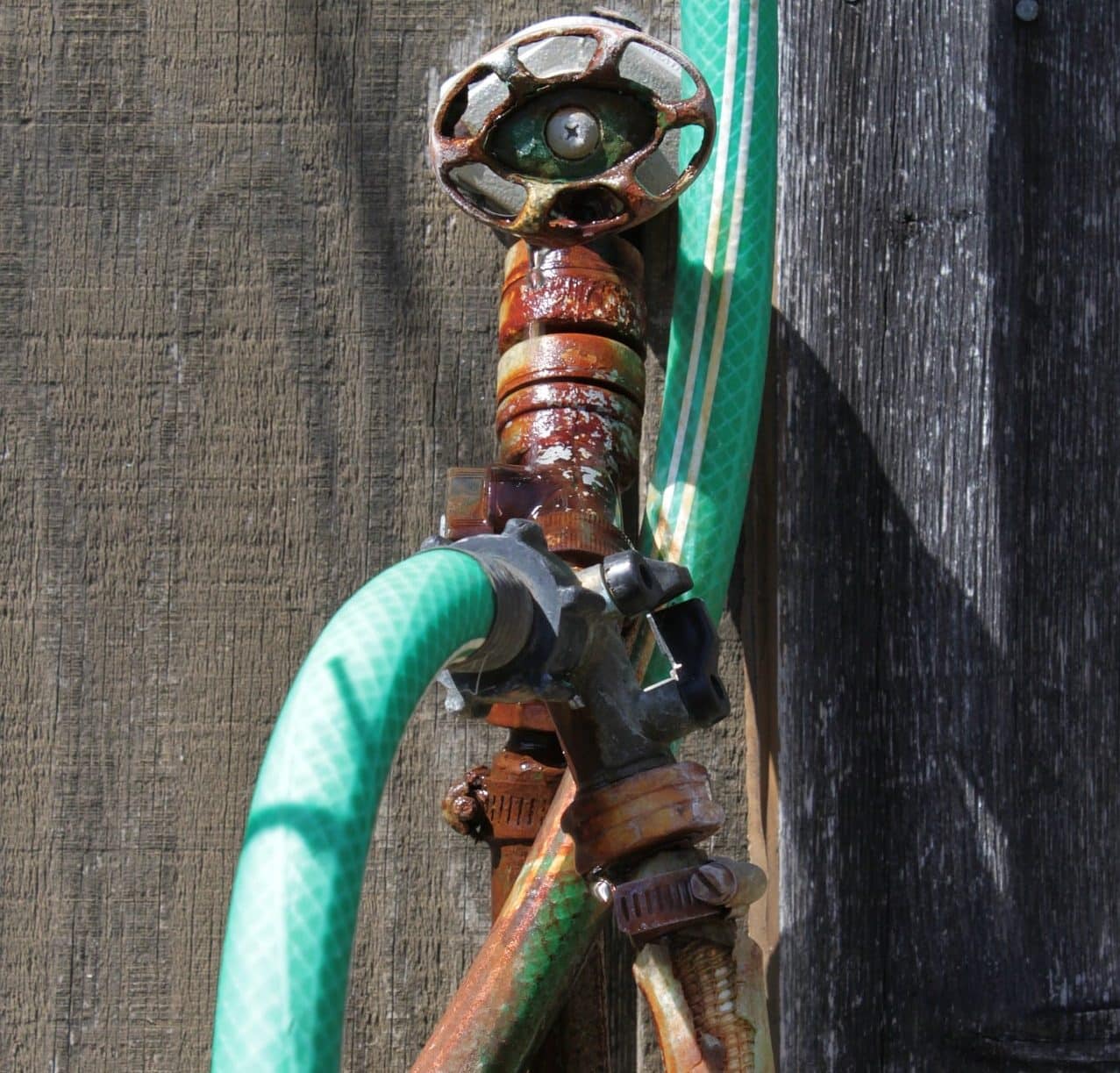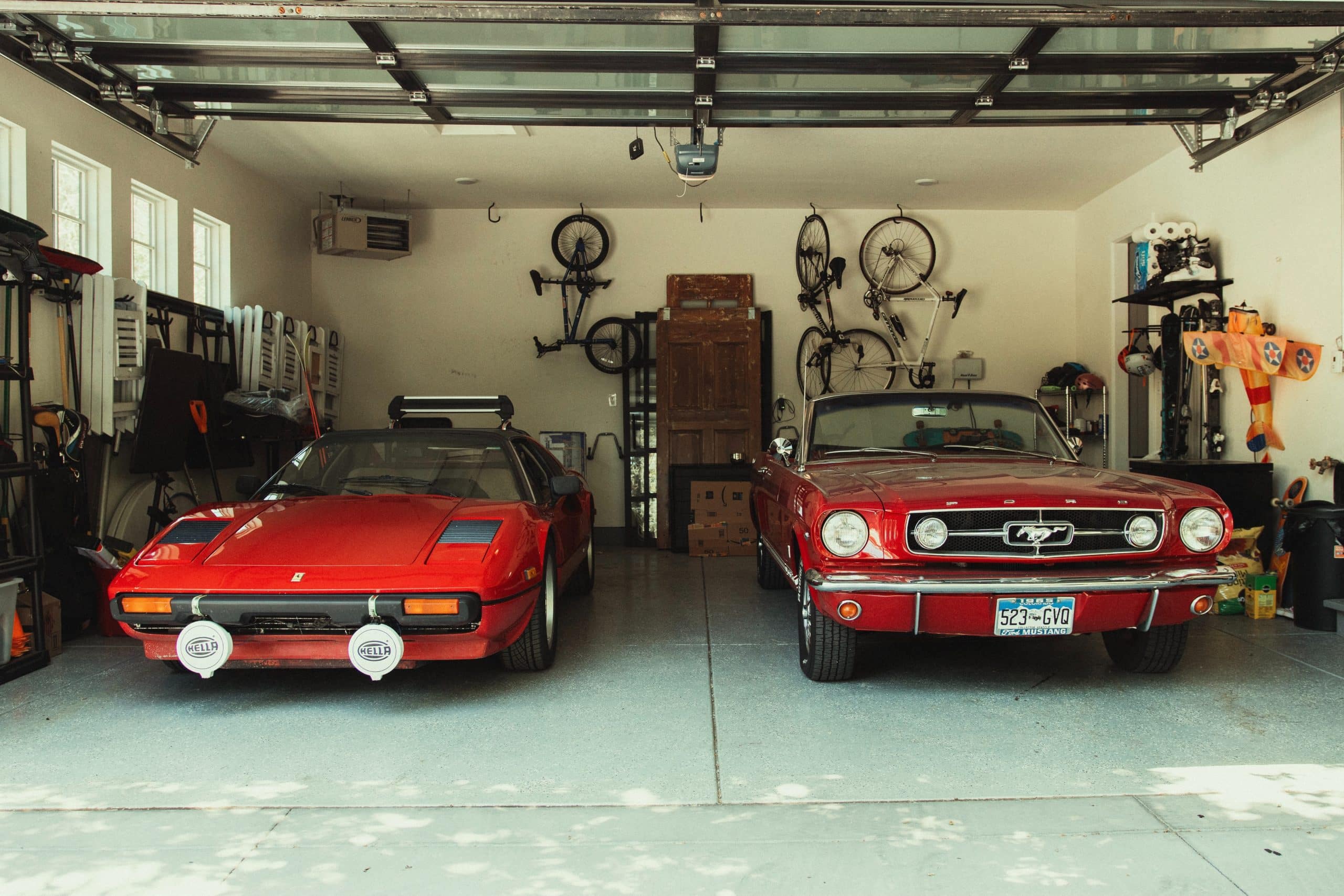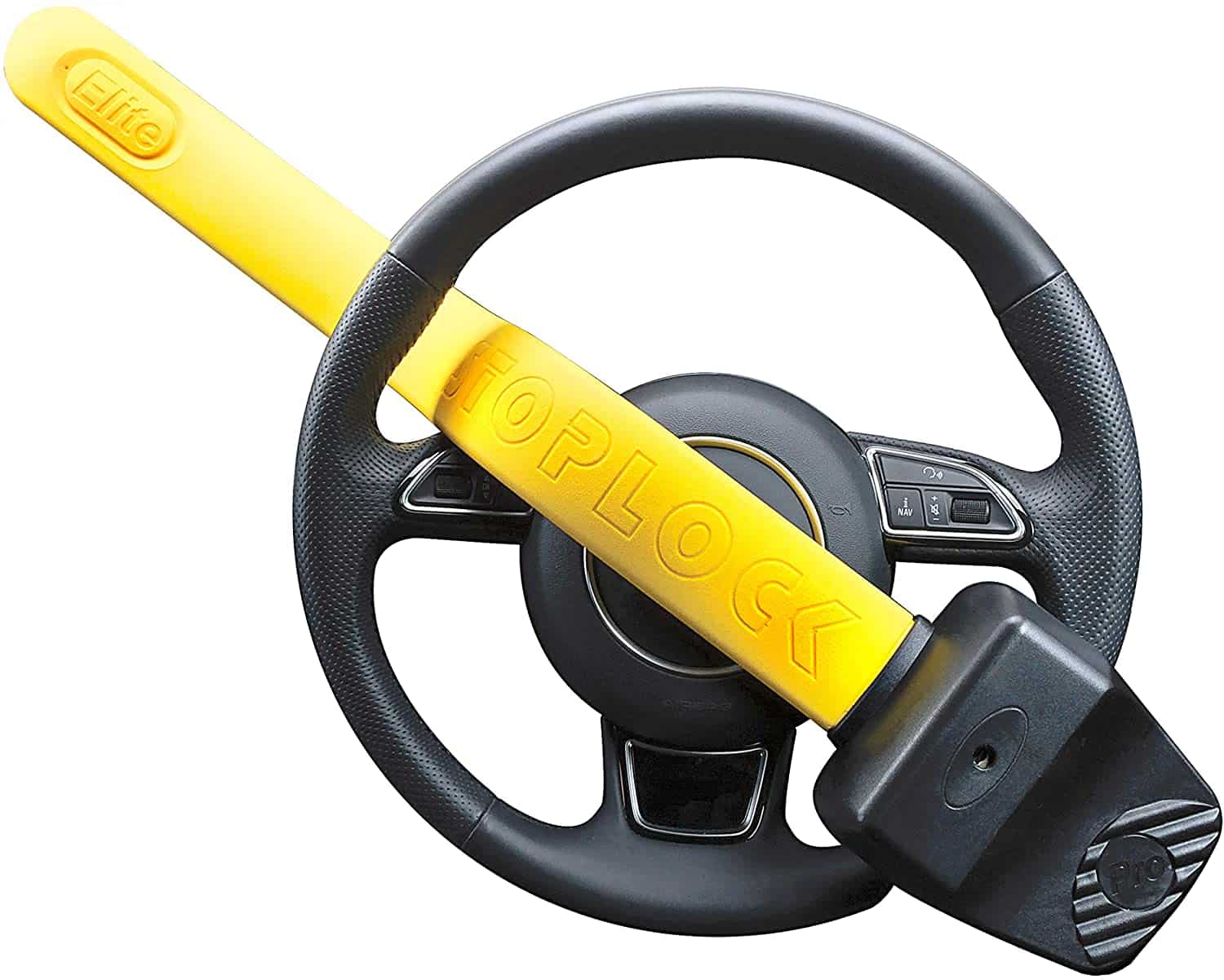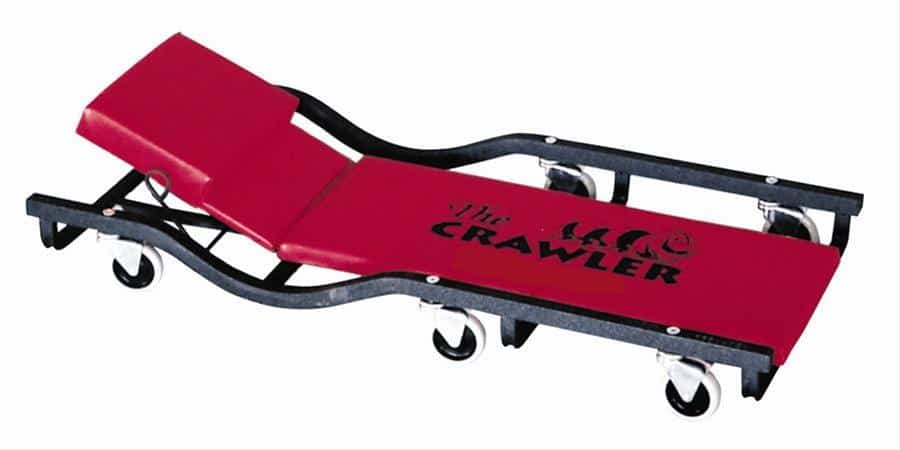
A car with a combustion engine produces a lot of heat when it’s running. Coolant, a mix of half antifreeze and half distilled water, is crucial to maintain the engine’s ideal working temperature and keep it from overheating in hot conditions and freezing in cold conditions. With the right kind of fresh coolant, a combustion engine will have maximum performance and longevity, with low fuel consumption. A badly maintained cooling system however, can lead to catastrophic engine failure, leaving you stranded on the side of the road.
For your convenience, we’ve selected antifreezes and coolants that are compatible with most vehicle makes. Before using these coolants however, always first consult your vehicle’s owner manual. We strongly recommend following your vehicle manufacturer’s recommendations.
Check out our selection of best antifreeze and coolants:
|
Best Universal Coolant
|
|
|
Best Waterless Coolant
|
|
|
Best Antifreeze for Old Cars
|
|
|
Best Non-Toxic Antifreeze
|
|
|
Best Antifreeze for Diesel Engines
|
|
|
Best Brand Specific (OEM)
|
Things to consider when buying antifreeze
Antifreeze vs Coolant
It’s essential to know that although the terms antifreeze and coolant are often used interchangeably, they are not the same:
- Antifreeze is a concentrated, undiluted fluid, usually ethylene glycol or propylene glycol with additives.
- Coolant, on the other hand, is a mixture of antifreeze and distilled/deionised water (usually 50:50).
Generally, antifreeze is more affordable than (pre-mixed) coolant. Also, antifreeze gives you control over the ratio of the coolant you ‘re going to mix. It can be less or more diluted depending on the climate your vehicle lives in. On the other hand, (pre-mixed) coolant is faster and easier to use because it can be used as is.
Type of antifreeze:
- Universal: A universal coolant or antifreeze can be used in most modern vehicles. Although it’s not recommended to mix other types, brands and colors of coolant or antifreeze, universal coolant can be mixed with most other coolants because of its special additives.
- Waterless: Modern waterless coolant is a mix of both types of glycols and additives. It does not contain water. Waterless coolant can be poured in your radiator as is. It is very important to NOT add water, ever!
In case you want to switch from standard coolant to a waterless coolant, you’ll need to do a flush with prep fluid first, to remove all water from the cooling circuit, because there are places in hoses and cavities that can’t be drained entirely. If you don’t, any water that’s left behind will corrode your engine’s internals.
- For Old Cars: This old-school “green” ethylene glycol based coolant is ideal for most pre-2000 vehicles.
- Non-Toxic: If you have kids or pets running around, you might want to consider a safer propylene glycol-based, Non-Toxic coolant. Propylene glycol is biodegradable and sewer-safe too.
- Diesel: Vehicles running on diesel need another type of antifreeze/coolant than gas powered vehicles. Coolant for diesel engines has additional additives (SCA’s) to prevent cavitation, erosion and corrosion which can occur in some types of diesel engines that use thin wet cylinder sleeves.
Due to the high vibration that is typical for diesel engines, if in these types of engines standard coolant were used, it could lead to deterioration and eventually perforation of the cylinder walls. Although only some types of diesel engines are affected, diesel coolant is compatible with all types of diesel engines and actually performs better than any other type of coolant does in a diesel engine.
- OEM: Depending on your vehicle type and model, the year of manufacturing and where it was manufactured (North America, Asia, Europe…) different types of antifreeze/coolant need to be used because car manufacturers design and test their cooling systems and seals to be resistant/compatible with a specific coolant type. To know for sure what type or color of antifreeze is best for your vehicle, you want to consult your vehicle’s owner’s manual or use a coolant selector tool.
Although in the short term, using a different type of coolant may not have dramatic consequences, in the long run this may lead to corrosion and deterioration of the cooling system and its seals. This in turn may lead to coolant leaks (external/internal) and costly repairs.
If you want to change to a different type of coolant or antifreeze it’s best to first perform a coolant flush with tap water to remove all of the previous coolant. You can easily do this yourself or have a mechanic do it for you.
Preparation:
- Coolant (pre-mixed/ ready-to-use): This blend of distilled/deionized water with antifreeze is mixed/diluted, usually in a 50:50 ratio. You don’t have to add water anymore. It’s ready to be poured into your radiator as is.
- Antifreeze (concentrated): This is pure antifreeze. Before use, you have to add the same volume of distilled/deionized water (50:50 ratio). For example: 1 gallon of antifreeze (concentrate) has to be mixed with 1 gallon of distilled/deionized water. In cold climates, a higher concentration is advisable (e.g.: 70% antifreeze – 30% water), a lower concentration for hot climates (e.g.: 40% antifreeze – 60% water).
Always follow the instructions on the label of the antifreeze bottle.
Climate:
In moderate climates, the normal coolant ratio is 50:50, half antifreeze and half distilled water, which protects your engine between -34 and 265F.
In cold climates however, a higher concentration is advisable. A 70:30 solution, for example, protects between -84 to 267F.
A lower 40:60 mix is advisable only for hot climates where it never freezes. This low coolant concentration will protect your engine against overheating and corrosion, but is not suitable for use in below-freezing temperatures.
Always follow the instructions on the bottle.
Handle with care:
Antifreeze can be toxic if ingested and harmful if it comes into contact with your skin or eyes. It is important to handle it with care, wear protective gloves and glasses, and to store it safely away from children and pets. Especially pets are attracted to the sweet smell of engine coolant, which if ingested may lead to irreversible kidney damage, which is often fatal.
If you want some more in depth information, we’ve dedicated a full article on this topic: “Coolant & Antifreeze: What Are They and Why Does Your Engine Need Them?”
How we did our review
Over the years we’ve tried and tested a lot of different coolants and antifreezes for our cars. We’ve tried different brands of coolant and antifreeze for our daily drivers, older 4×4’s, a modern high performance car, our classic cars from the 50’s… We’ve kept records of how these coolants or antifreezes performed in these different cars.
For this review we also dove deep into the manufacturer specifications and read numerous customer reviews to see what their experience with these different coolants and antifreezes was. We only recommend antifreezes and coolants that did an excellent job for us and the vast majority of other car enthusiasts. We’ve selected them for different purposes, to make it easy for you to choose the right antifreeze for your car.
Check out our favorite car coolants and antifreezes:
Best Universal Coolant
|
|
|
- Type: Universal
- Preparation: Ready to use / pre-mixed
- Content: 1 Gal
The reason why we chose this coolant as our “Best Universal Coolant” is because it is a premium quality coolant at a discount price, that is suited for all modern cars, regardless of make, model or color of antifreeze. Its “Aluguard” formula protects against corrosion and enables it to mix with all other known coolant formulas, regardless of their color. It should not be mixed with waterless coolant, however.
In our experience, Valvoline products are excellent value, and so is this hugely popular coolant. We love the fact that this coolant with its mild silicate content protects all engines against corrosion, including high performance ones with aluminum parts. Can’t go wrong with that.
The broad customer base agrees that this is awesome coolant and a lot of bang for your buck. They say they are relieved that they cannot mess things up using this coolant, contrary to (brand)specific coolants. Guess that’s why with thousands of ratings, it gets a near-perfect score.
PROS:
- Universal; compatible with all engines, gas and diesel alike
- Ready-to-use
- Contains “ALUGARD” to fight corrosion (also on aluminum parts)
- High quality additives protect and won’t harm gaskets, hoses, plastics or original vehicle finish
CONS:
- Unlike with antifreeze concentrate, you cannot mix a 70:30 ratio for extreme cold
- Cannot be mixed with waterless coolant
- Toxic when ingested, harmful when released in the environment
Best Waterless Coolant
|
- Type: Universal / Waterless
- Preparation: ready-to-use; do not add water
- Content: 1 Gal
Evans High Performance Waterless Engine Coolant is your best choice for waterless coolant. It is designed for use in all modern, classic, and vintage gasoline engines, light duty diesels, LP and CNG vehicles.
Evans waterless coolant is a 100% antifreeze mix with special additives in order to eliminate the potentially corrosive water component and to raise the boiling point. It does not boil over and it is non-corrosive.
Before switching from standard coolant to a waterless coolant, you’ll need to do a flush with prep fluid first, to remove all water from the cooling circuit. After the conversion, this coolant will last the life of the engine as long as it is not contaminated with water.
Our experience using Evans for many years in two of our classic cars has been spotless. They stay cool just like they did before, even on hot summer drives and we don’t have to change the coolant anymore. There’s no visual corrosion on the inside of either of the thermostats, water pumps or radiators and the fluid still looks like it did the day it went in: clear and rust-free. In all of those years both cars have been free of coolant leaks too.
Although the vast majority of customers are very satisfied and would not go back, a few state that with some of their cars this coolant did behave differently than when using any other coolant. For example: When hot, the expanding fluid will push through the pressure cap and go into the overflow reservoir – from which it will NOT get sucked back by the difference in pressures that moves regular coolant back and forth. If you did fill up the radiator tank to the max, the Evans coolant will overflow until it finds its own “natural” level inside of the radiator top tank. This is because although it does not boil, it does expand about 7% when hot. However, after having settled and excess fluid has been pushed out, it won’t overflow anymore.
PROS:
- No water means no internal corrosion
- Buys peace of mind
- Does not have to be changed, lasts the life of the engine
- Hardly any fluid pressure means minimal chance of leaks
- No maintenance keeps costs down in the long run
CONS:
- Several times the price of regular coolant
- Engine needs to be flushed with prep fluid first (extra work and cost)
- This coolant needs to be carefully collected for reuse should the engine have to be drained for repairs
Best Antifreeze for Old Cars
|
- Type: For older vehicles
- Preparation: Concentrate; mix with distilled/deionized water to the desired ratio
- Content: 1 Gal
The reason why we chose this old-school engine coolant as our “Best Antifreeze for old cars” is because its “Original Green” formula has a proven track record going back for decades and arguably has the largest following in its category. It offers full protection from corrosion, scaling, freezing and boiling.
Back in the day, it was specially designed for optimal compatibility with General Motors’ 1996 and older model years, Chrysler 2001 and older model years, Ford SUVs & Trucks 2001 and older model years, Ford passenger cars 2002 and older model years, as well as most other pre-2000 vehicles.
In our experience, this is the next best thing if you own an old car but for budgetary reasons, you don’t want to switch to waterless coolant. We’ve been running 3 of our classic cars very successfully on this type of coolant before switching two of them to waterless coolant when all bugs were fixed. We think this antifreeze beats most pre-mixed coolants, and because in winter, our cars are parked in conditioned storage, a 40:60 ratio works fine. This probably makes this antifreeze one of the most efficient, budget-friendly coolant options for old cars.
Other customers rate this antifreeze concentrate close to maximum rating too, and state that it is great stuff and that it even works for fussy domestic engines from the ‘80s.
For those with pets and/or little children, it’s reassuring to know that this coolant has a bittering agent to discourage them from drinking this fluid.
PROS:
- Works great for the vast majority of pre-2000 engines
- Antifreeze concentrate can be mixed to required ratio
- Concentrate only costs about half compared to pre-mixed coolants
- Bittering agent makes it safe for pets and small children
CONS:
- Toxic when ingested, harmful when released in the environment
- Needs to be mixed with distilled/deionized water before use
Best Non-Toxic Antifreeze
|
|
|
- Type: Universal
- Preparation: Concentrate; mix with distilled/deionized water to the desired ratio
- Content: 1 Gal
The reason why we chose this engine coolant as our Best Non-Toxic Antifreeze is because it not only does a great job protecting your engine, but it is also the safest option for children, pets and the environment.
This propylene glycol based antifreeze is pet-, wildlife and eco- friendly in small doses and regarded as safe by the FDA. It will biodegrade rather quickly when released in the environment and is safe for and easily broken down by sewer treatment systems.
This antifreeze can be used year-round to provide superior protection for all types of engines. It meets or exceeds all vehicle manufacturers’ specifications.
Customers are pleased with its performance and say they feel great about this antifreeze not being as dangerous to kids, pets, wildlife and the environment.
PROS:
- Child-, pet-, wildlife- and eco-friendly antifreeze
- Meets or exceeds all vehicle manufacturers’ specifications
CONS:
- Much more expensive than (toxic) ethylene glycol based antifreeze
- You have to first perform a coolant flush to remove your old coolant
Best Antifreeze for Diesel Engines
|
- Type: For Medium- and Heavy-Duty diesel engines
- Preparation: Concentrate; mix with distilled/deionized water to the desired ratio
- Content: 1 Gal
The reason why we chose this antifreeze for “ Best Antifreeze for Diesel Engines” is that it provides excellent protection against pitting, corrosion and erosion even on hard-to-protect aluminum engine parts and wet cylinder liners.
Not only can this coolant be used in Medium- to Heavy-Duty diesel engines, it also provides superior protection to tractors, earth moving equipment, ATV’s and motorcycles. Its Extended Life formula means it lasts longer too.
Customers say that this coolant protects very well against rust and pitting and give it the highest rating in its category.
One customer stated that after having to bore out his old gasoline truck engine quite a bit during a rebuild, the thin cylinder walls required a coolant that had a good anti-cavitation protection. He says he now has more peace of mind knowing that there won’t be any pitting in his water jackets. 8,000 miles later, the iron block with iron head engine’s coolant is still bright cherry red with no rust, he adds.
PROS:
- Superior protection for diesel engines and demanding applications
- Extended Life formula offers longer protection
- Provides extra protection for aluminum parts and wet cylinder liners
- Very affordable Heavy-Duty antifreeze
CONS:
- Toxic when ingested, harmful when released in the environment
- Needs to be mixed with distilled/deionized water before use
Best Brand Specific (OEM)
|
If your modern vehicle performs like it should and doesn’t overheat with the original coolant from the manufacturer, why change a winning team? Why not do a coolant change yourself with the exact same coolant and save some money?
Some people may also consider it safer to use the exact same coolant as long as your car is still under warranty, because this may avoid lengthy discussions in case of technical issues.
In that case, just select your vehicle’s specs (Type // Year // Make // Model // Engine) from a drop-down menu and the right OEM coolant pops up. It’s that easy!
Comparison Table of the Best Coolant and Antifreeze
| Brand | Name | |
|---|---|---|
| Best Universal Coolant | Valvoline | Multi-Vehicle Ready-to-Use Antifreeze/Coolant 1 GA |
| Best Waterless Coolant | EVANS | High Performance Waterless Coolant (Pack of 2) |
| Best Antifreeze for Old Cars | Zerex | Original Green Low Silicate Concentrate Antifreeze/Coolant 1 GA |
| Best Non-Toxic Antifreeze | STAR BRITE | BIO-SAFE Non-Toxic PG All Year Anti-Freeze / Coolant |
| Best Antifreeze for Diesel Engines | Shell Rotella | ELC Nitrite Free Antifreeze/Coolant 1 Gal. |
| Best Brand Specific (OEM) | Advance Auto Parts | OEM Coolant / Antifreeze |
Final Thoughts
It’s important to respect the change intervals of your vehicle’s coolant. If you don’t, your engine might freeze in winter and overheat in summer. It won’t be protected against corrosion either.
Let’s do a quick recap of which coolant should be used for what type of car:
If you want to change your new car’s coolant while it is still covered by factory warranty, you might want to use the exact same coolant to avoid possible warranty issues.
If not, for most cars a universal coolant will do just fine, or even better than the original. It can also be mixed with most other coolants because of its special additives.
If you’re focused on eliminating internal engine corrosion and/or you don’t want to change your coolant every other year, your best option is waterless coolant. Works great, it’s non-corrosive, does not boil over, lowers pressure in the cooling circuit with less chance of leaks, and it lasts the lifetime of the engine.
For most pre-2000 vehicles, the old-school green antifreeze for old cars is the best option. Back in the day, they were designed with this fluid in mind.
Got kids and pets running around doing kids-and-pets stuff? Why not, for peace of mind, change your coolant to a less toxic, biodegradable fluid that cools just as well? You never know what those rascals are up to…
Medium- and Heavy-Duty diesel engines benefit from diesel coolant, because of the extra additives to prevent corrosion and cavitation of wet cylinder liners and aluminum internal parts. They need special protection because the vibration, typical for diesel engines, can cause these specific issues.
Choose one of these coolants wisely, and your engine will run smoothly for years to come, without corrosion, overheating or freezing issues…
Happy cruisin’!
FAQ’s
What is antifreeze used for?
The antifreeze in engine coolant (usually half antifreeze / half water) prevents it from freezing in cold temperatures and boiling in hot temperatures. Antifreeze also has anti-corrosive and lubricating properties, helping to protect the engine and cooling system from rust and corrosion while keeping moving parts like the water pump lubricated. With the right coolant or antifreeze your car will run smoothly and reliably regardless of ambient conditions.
What antifreeze or coolant does my car need?
It’s always best to add the same type, brand and color of coolant or antifreeze as the coolant that is already in your vehicle’s cooling system. When you’re not sure, stick to what your vehicle’s manufacturer recommends. You want to check your vehicle owners’ manual for reference. Although some coolants can be mixed with others, this might not be ideal for best engine performance.
What color is antifreeze or coolant?
Antifreeze and coolants can have different colors, depending on their composition. Although the color isn’t always an indicator of type, following may often apply:
- Inorganic Acid Technology (IAT): This is the traditional type of coolant, typically green in color, used in older vehicles. It contains silicates and phosphates to prevent corrosion but has a shorter lifespan and requires more frequent replacement.
- Organic Acid Technology (OAT/OET): This type of coolant, often orange or red, is free from silicates and phosphates, providing longer-lasting protection against corrosion. It is commonly used in newer (North American) vehicles.
- Hybrid Organic Acid Technology (HOAT): Combining the best of both IAT and OAT, HOAT coolant offers extended protection and a longer service life. It is available in various colors, including yellow, orange, and pink.
- Phosphate-Free Coolant: Specifically designed for European vehicles, this blue color coolant type is free from phosphates and offers excellent protection against corrosion.
- Diesel Engine Coolant: This type of coolant has an extra additive package (SCA) to cope with higher temperature and to fight corrosion. It is available in different colors, but is most often red.
How much antifreeze or coolant do I need?
To answer that question, it’s essential to know that although the terms antifreeze and coolant are often used interchangeably, they are not the same:
Antifreeze is a concentrated, undiluted fluid, usually ethylene glycol or propylene glycol with additives. Before you can use it as coolant for your engine, you will have to dilute it by adding distilled or deionized water. The standard dilution ratio for coolant is 50:50, so by adding water, you will have twice as much volume.
Coolant, on the other hand, is pre-mixed (usually 50:50) and ready for use as is.
With that information in mind, you can check your car owner’s manual for your car’s coolant volume. An average engine needs about 3 quarts of coolant, but this can vary depending on the vehicle’s make, model, and type.
Why You Should Trust Our Reviews And Content
All our website content and reviews are 100% unique, protected and based on our own thorough research.
They are the result of our hands-on testing, data analytics, expert consultation and customer review analysis, enhanced by our own extensive expertise.
We do not compromise: our focal point is always on you, our valued visitor.
Our website content and reviews are your unbiased, unsponsored tools to get the job done better and quicker, with less expense.
CCM is reader-supported. When you buy via links on our site, we may earn an affiliate commission at no cost to you. Learn more.


